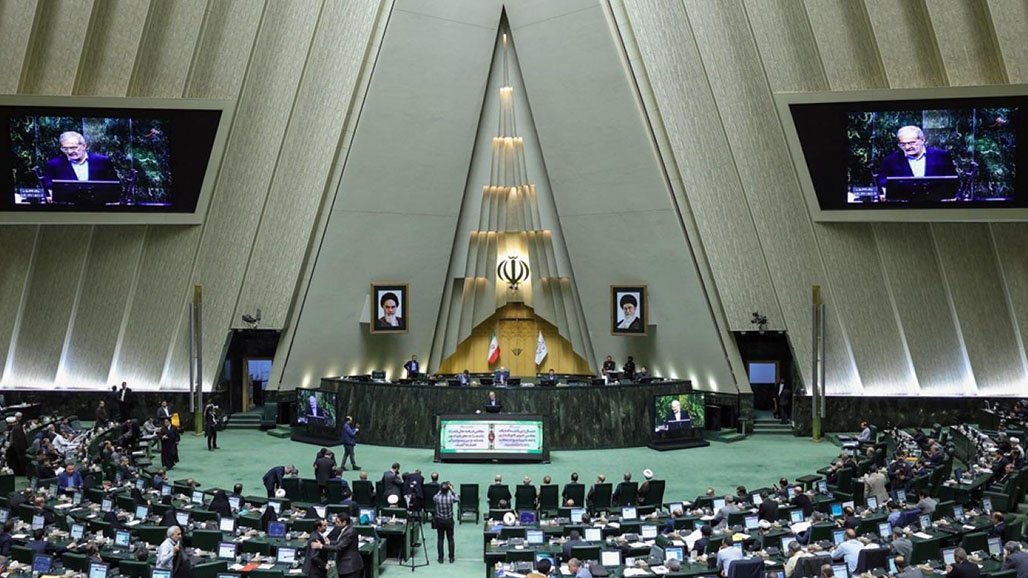Iranian Parliament Rejects Proposal to Teach Non-Persian Languages
Iran is home to multiple ethnic groups, including Kurds, Arabs, Baluchis, Lors, Azeris, and Turkmens, each with distinct languages and still these languages face longstanding restrictions in education and media.

ERBIL (Kurdistan24) – The Iranian Parliament has rejected a proposal that aimed to introduce the teaching of non-Persian languages in schools, despite Iran’s diverse ethnic composition.
The proposal, put forward by the Parliamentary Committee on Education, Research, and Technology, was struck down with 130 votes against, 104 in favor, and five abstentions, out of 246 members present.
Parliamentary Debate on Linguistic Rights
Supporters of the proposal cited Article 15 of the Iranian Constitution, which states that while Persian is the official language, teaching local and ethnic languages in schools alongside Persian is permitted.
However, in practice, education in native languages remains largely absent from Iran’s official curriculum.
Ehsan Azimi, the spokesperson for the Education Committee, referenced Iran’s "Fundamental Transformation Document in Education" and suggested allocating 10% to 20% of educational resources to teaching these languages.
Meanwhile, opponents of the proposal, argued that the proposal contradicts constitutional provisions and could create divisions within the country.
Concerns Over National Unity
Critics expressed concerns that implementing multilingual education might threaten national cohesion, particularly in border regions where Iran’s ethnic minorities are concentrated.
The parliament ultimately recommended further consultations to develop a more comprehensive proposal, with plans to revisit the issue in six months.
Iran’s Linguistic Diversity and Ongoing Restrictions
Iran is home to multiple ethnic groups, including Kurds, Arabs, Baluchis, Lors, Azeris, and Turkmens, each with distinct languages.
Despite constitutional provisions, these languages face longstanding restrictions in education and media, a policy that dates back to the Pahlavi monarchy and continues under the current Islamic Republic.
Activists advocating for linguistic rights argue that recognizing native languages in education is a fundamental right, while Persian nationalists fear such measures could weaken Iran’s centralized political structure. The debate over linguistic diversity remains a deeply contested issue in Iran’s governance and identity politics.